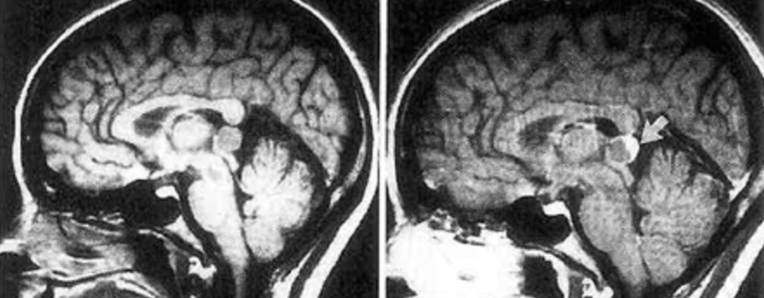Photo Credit: Ipopba
Smartphone app-based contingency management for adult patients in OUD treatment was associated with fewer days of opioid use and longer time in treatment.
Adults with opioid use disorder who chose to use smartphone app-based contingency management (CM) along with medication for opioid use disorder (MOUD) reported fewer days of opioid use at the end of treatment and stayed in treatment longer than those who opted to use MOUD alone, according to a study published in JAMA Network Open.
“These results are promising, and they highlight the potential importance of a patient’s decision to use app-based CM,” wrote corresponding author Elise N. Marino, PhD, and colleagues.
The retrospective cohort study used data from opioid treatment programs in Texas. Patients were uninsured or underinsured adults who chose either to receive MOUD alone or MOUD augmented with CM delivered via a smartphone app called WEconnect. Participants who chose app-based CM could earn up to $800 in monetary incentives upon achieving recovery treatment goals.
“In addition to substance-related behavioral targets, [the app] permits patients to set daily goals that are personally meaningful, substance use related and not (eg, attend a Narcotics Anonymous meeting, go for a walk, read),” the researchers explained. “The app also includes a platform for tracking patients’ progress and payment and provides encouragement for completing their daily goals.”
Online meetings facilitated by certified peers and 1-to-1 peer support are available, too, via the app.
For the study, the researchers analyzed treatment outcomes for 300 patients who elected to use MOUD along with the CM app and 300 patients who chose to use only MOUD. The average age of all patients in the analysis was 38.4 years, and 57% were men.
At the end of treatment, app users reported 8.4 days of opioid use compared with 12.0 days reported by patients who used MOUD alone, according to the study. Furthermore, patients who used MOUD plus app-based CM averaged 290.2 days of treatment compared with 236.1 days for patients who used only MOUD.
“Despite the challenges of engaging patients in other app-based interventions, adding recovery-oriented, app-based CM may be one way to enhance clinical care and meet the growing needs of historically underserved patients taking MOUD,” the researchers wrote.





















Create Post
Twitter/X Preview
Logout